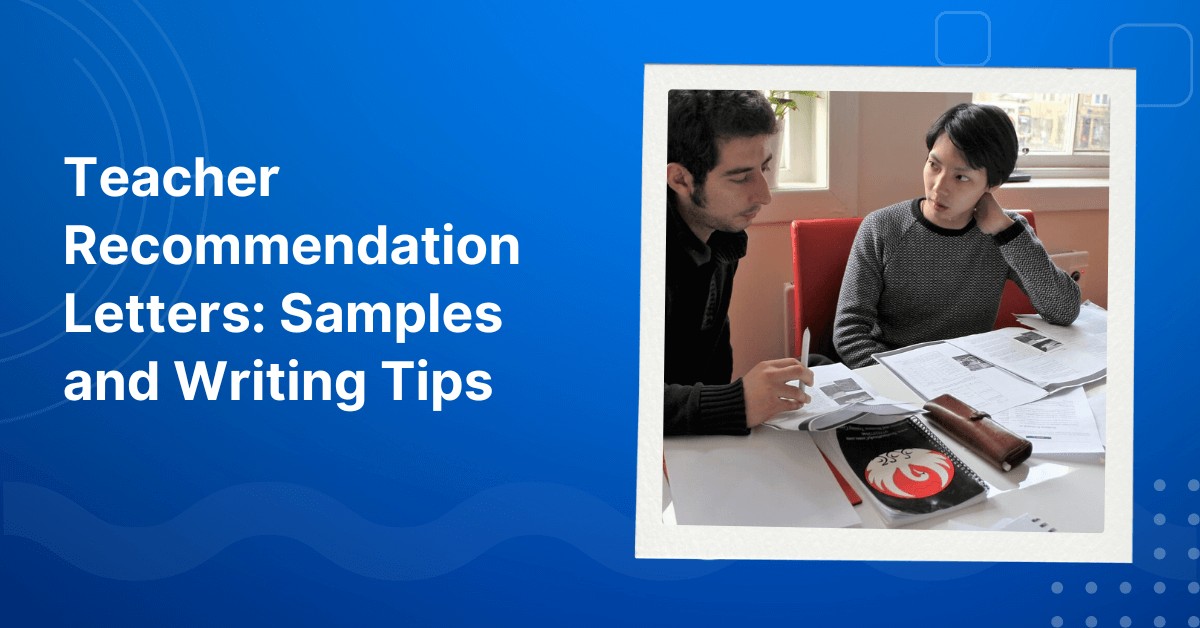This is the last in our four-part series which explored the different specialisms of English teaching. Having looked at working with various age groups, teaching for examination purposes and examined English for Specific Purposes in relation to Business English and English for Academic Purposes, we now turn to remaining types of teaching English for specific purposes – English for tourism and hospitality, Medical English, Legal English, and Aviation English.
English for Tourism and Hospitality
There are a wide range of students who are looking for English for tourism and hospitality, from established companies who want to raise the general standard of English to individuals who want to work as a tour guide or within a hotel or restaurant.
As a result, there are lots of available positions and it is very easy to et up your own course and offer it in collaboration with a school or even a local restaurant as a base for the classroom. An alternative is to approach a resort or hotel and offer your services.
Within the hotel, there are a lot of different roles from servers and cleaning staff to groundskeepers and guards, so depending on the size of the company you could offer group lessons aimed at each specific role or general interaction English to all.
Students typically are not focussing on writing skills ( although those working as hotel managers or concierges may need some basic skills ) thus the lessons are very focussed on developing oral skills and as such is easy to make more interesting with role-play activities, pair and group work etc.
In general, the students you will be working with in relation to tourism and hospitality already have a good grounding in English and now want to take it to a level where they are able to have proficient basic conversational English with guests or clients.
In general, students are looking to :
- Use a wide range of basic vocabulary words related to basic questions in their field e.g. travel questions/room queries/money, food and time-related aspects etc.
- Be able to express themselves in basic sentences so that students can ask and answer questions.
- Understand simple spoken sentences.
With different sectors needing English for situations such as :
- Meeting and greeting guests
- Taking bookings
- Dealing with requests and complaints
- Taking food orders
- Explaining directions
 English for tourism and hospitality involves a lot of oral English and classes can be very energetic and fast-paced
English for tourism and hospitality involves a lot of oral English and classes can be very energetic and fast-paced
English for specific purposes: Medicine
As much as English for tourism in hospitality is a wide and varied type of English teaching for specific purposes, medical English is very focussed. Typically the students who take these courses are already involved in the medical field in some form or other – this could include medical students at a college or doctors, nurses or dentists who wish to work for an International clinic and thus need to familiarize themselves with the medical terms.
Although not essential, it is useful to have some scientific background so that you save yourself time swotting up on the information first before having to teach it. It is important to note that you are not teaching medicine – you do not have to explain what each tooth does and how it is formed but simply the different names of the teeth etc.
With teaching English for Medicine there is a heavy emphasis on vocabulary building. Students are there to learn as much vocabulary as possible so the lesson will take energy and preparation time for you to work out how to introduce the terms in as interesting and varied a way as possible.
Students attending these classes are often professionals and have limited time, thus classes tend to be quite serious and intense with an emphasis upon accuracy, so it is important to prepare well in advance.
In addition to the set medical terms, students may also be interested in learning how to
- Communicate diagnoses and treatments
- Understand patients’ explanation of symptoms
- Give advice
- Write reports
- Give instructions
- Due to the nature of English for Medicine, it is difficult to set up and run your own courses, although it is possible to approach a medical establishment and offer your services.
 Although not essential, some background or interest in science is preferable
Although not essential, some background or interest in science is preferable
Legal English
As with Medical English, English for Legal Purposes is aimed at those with a very solid grasp of English who want to learn precise terms and phrases and use English in a specific way.
Ideally, those working with Legal English have some legal background knowledge so that they are able to confidently explain terms and vocabulary since legal English is very different to natural English in terms of vocabulary, syntax and semantics etc.
Unlike tourism and hospitality English which strongly emphasises oral English, Legal English requires a combination of spoken and written English lessons. Many of your students will be professionals and as such can often be quite demanding as they are often working within a limited time frame and want value for time.
As a result, games will be far and few for this sector of English learning and instead the emphasis is upon getting as much as your information across to the students. Many students will be working towards the English-speaking legal exams –the test of Legal English Skills so this could be another way to specialize within this field.
Although it is essential to follow a dedicated, detailed textbook, in general terms, Legal English focusses on :
- Understanding contracts
- Legal letter writing
- Financial introductions and terms
- The language of company law
- Employment laws
 Legal English focusses upon very specific vocabulary – both written and oral
Legal English focusses upon very specific vocabulary – both written and oral
English for Aviation
Aviation English is simply the English used with anyone involved in the airplane business ranging from flight attendants and engineers to air traffic controllers and pilots.
Like medical and legal English, Aviation English is a very specialized type of English and as such, some basic background knowledge is preferred although not essential.
The International Civil Aviation Organisation ( ICAO ) has strict rules on the level of English required from staff, with there being various levels in Aviation English, with level 4 being the required standard.
As with English for tourism and hospitality, aviation English has a strong emphasis upon speaking and listening since those in the aviation business are expected to communicate with others in English As such, part of aviation English focuses upon understanding various accents as well as understanding English over communication devices such as a radio.
Aviation English, in general, includes aspects such as:
- Interactive simulations
- Pronunciation and accents in a variety of methods of communication e.g. face to face / over walky-talky. over the radio etc.
- Ground operations
- Weather descriptions
- Airport signage
 Aviation English involves a wide range of personnel from ground staff to pilots
Aviation English involves a wide range of personnel from ground staff to pilots
Overall, English for Specific Purposes is indeed a fascinating aspect of teaching English. The needs and styles of each type is very varied and offer something for almost everyone so if you are interested in setting up your own classes or courses or simply want something different, then investigate the different types of English for Specific Purposes types, work out which suits your personality and your teaching style and branch out into something new and interesting!



